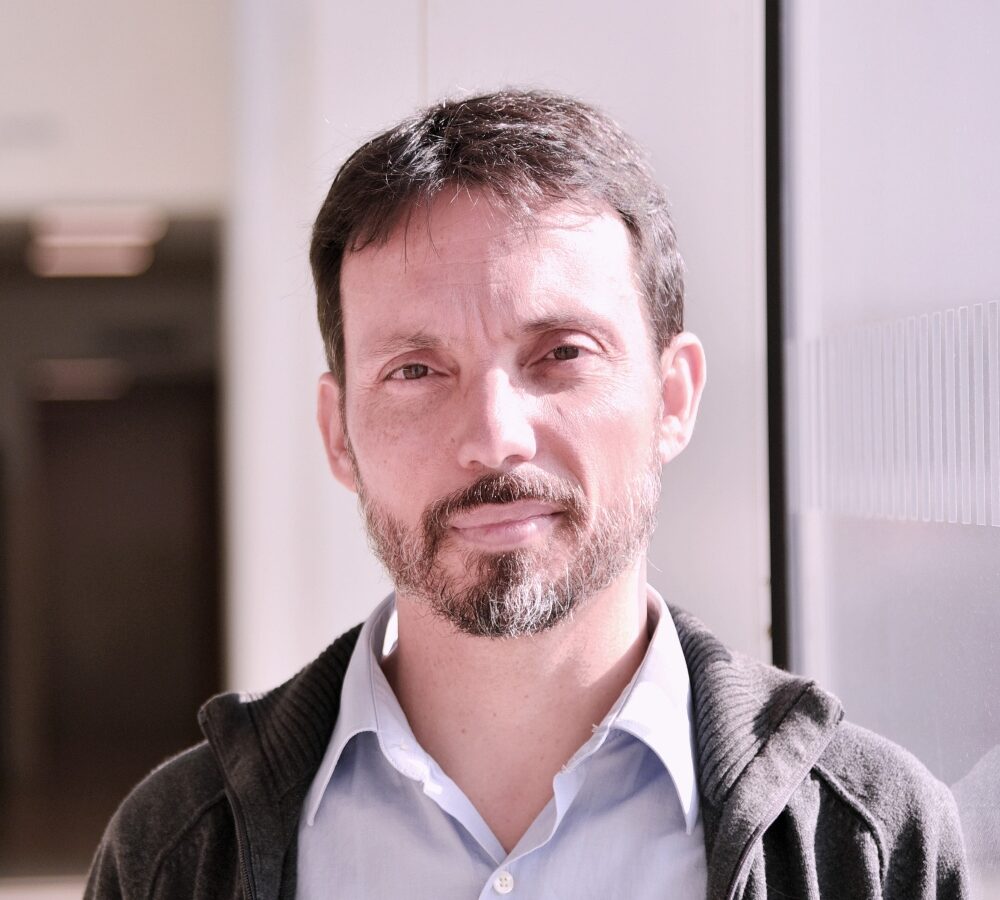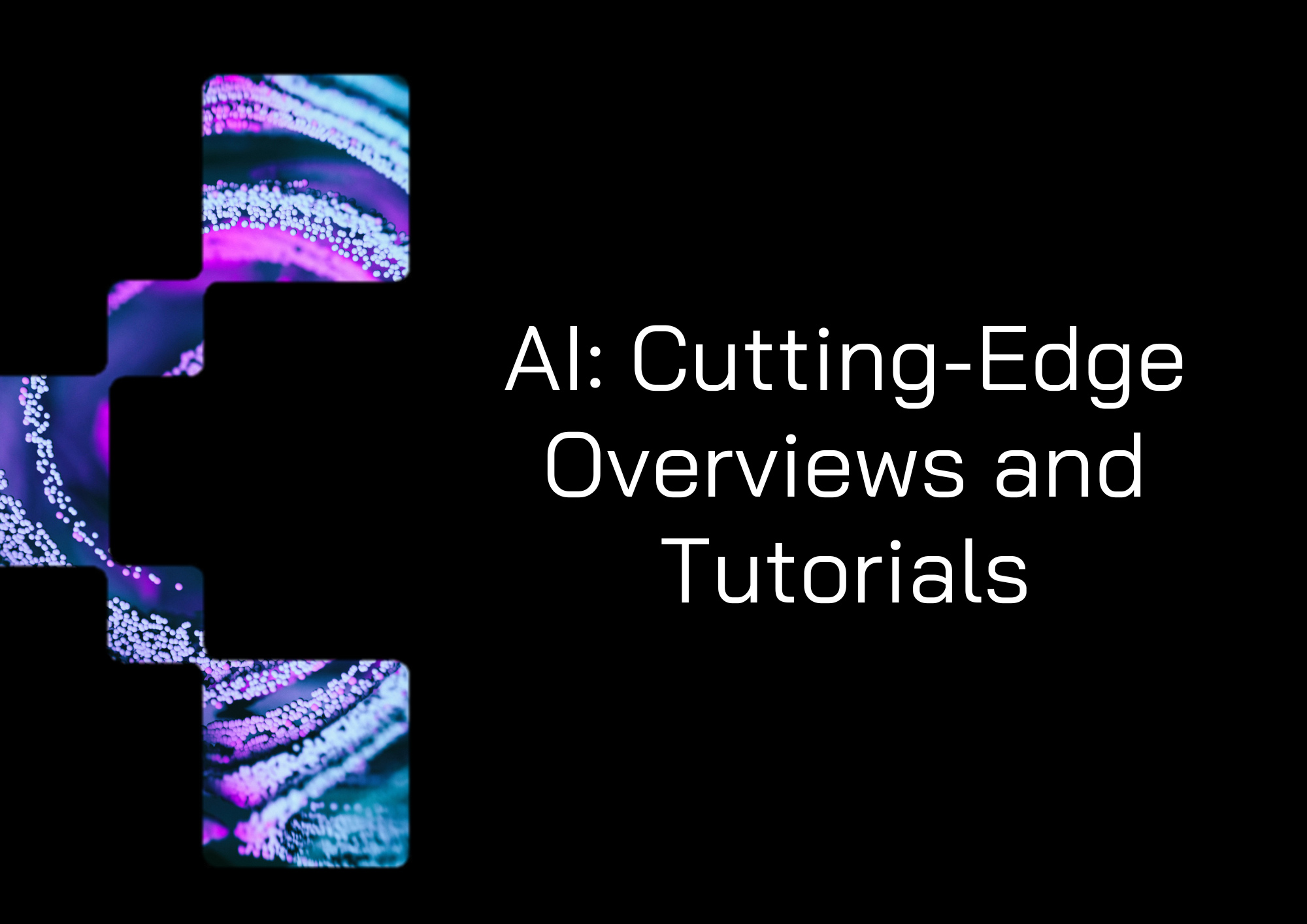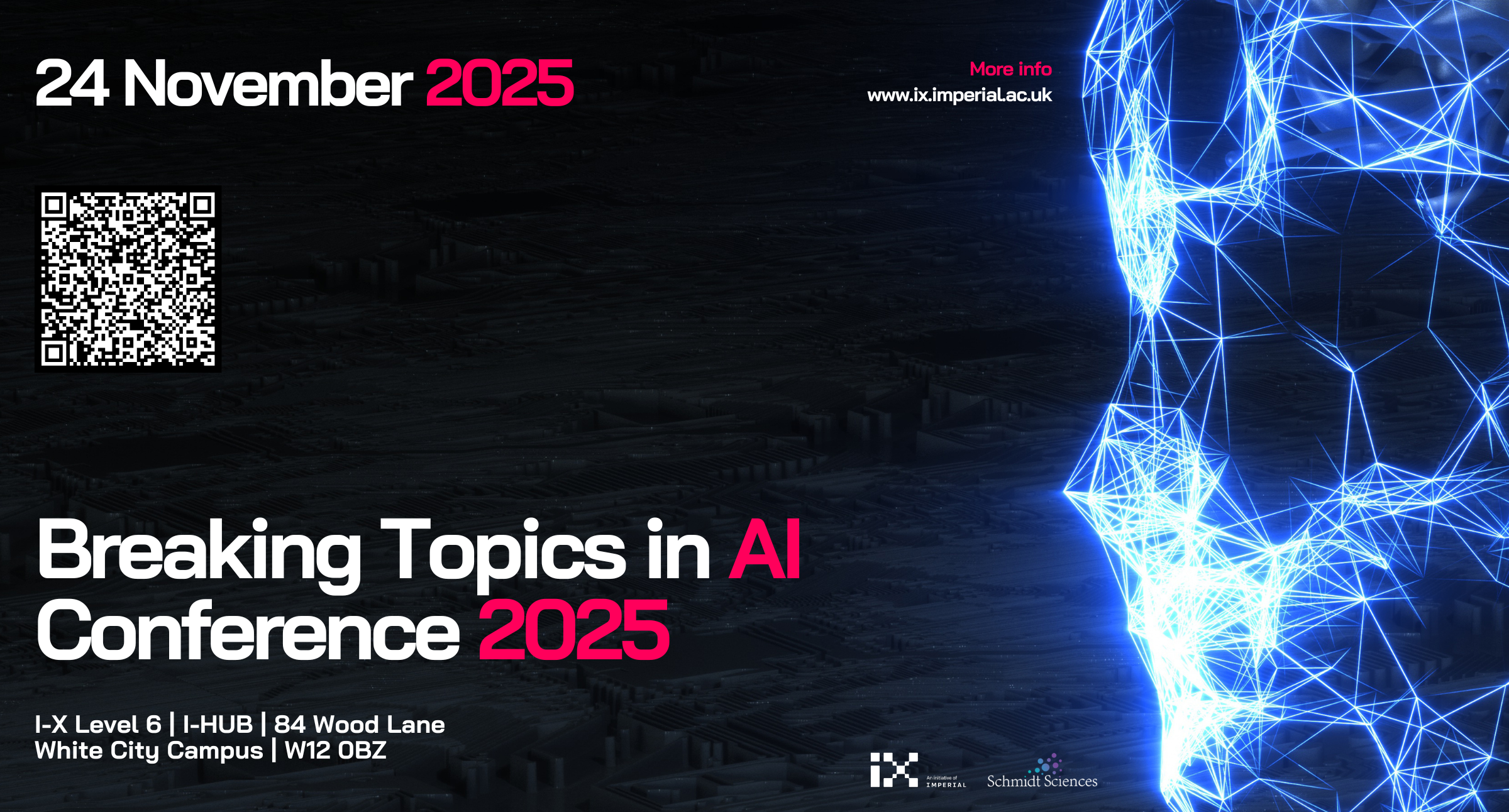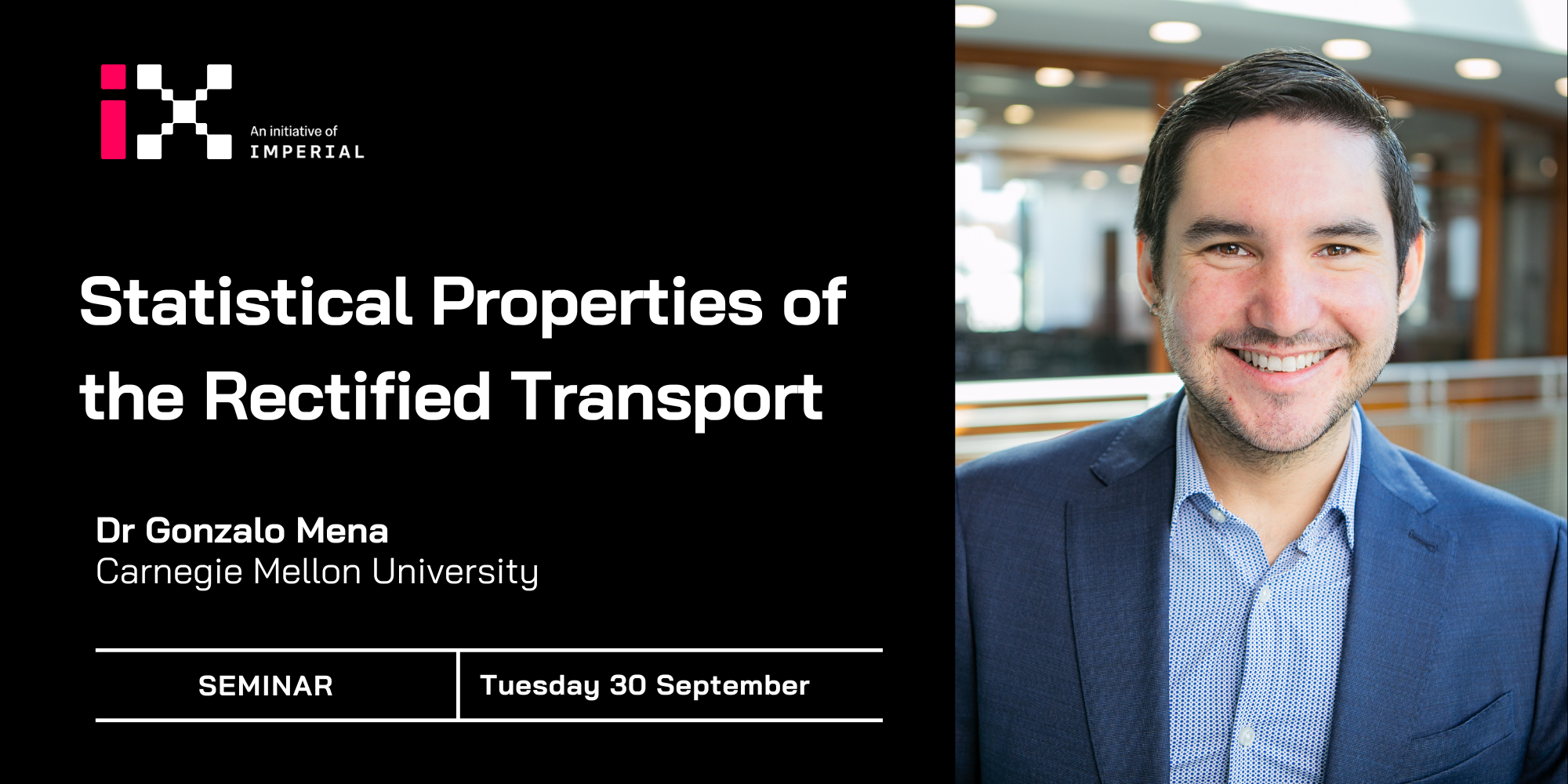Jose Hernandez-Orallo
José Hernández-Orallo is Professor at the Universitat Politècnica de València, Spain and Senior Research Fellow at the Leverhulme Centre for the Future of Intelligence, University of Cambridge, UK. He received a B.Sc. and a M.Sc. in Computer Science from UPV, partly completed at the École Nationale Supérieure de l’Électronique et de ses Applications (France), and a Ph.D. in Logic and Philosophy of Science with a doctoral extraordinary prize from the University of Valencia. His academic and research activities have spanned several areas of artificial intelligence, machine learning, data science and intelligence measurement, with a focus on a more insightful analysis of the capabilities, generality, progress, impact and risks of artificial intelligence. He has published five books and more than two hundred journal articles and conference papers on these topics. His research in the area of machine intelligence evaluation has been covered by several popular outlets, such as The Economist, New Scientist or Nature. He keeps exploring a more integrated view of the evaluation of natural and artificial intelligence, as vindicated in his book “The Measure of All Minds” (Cambridge University Press, 2017, PROSE Award 2018). He is a member of AAAI, CLAIRE and ELLIS, and a EurAI Fellow.



